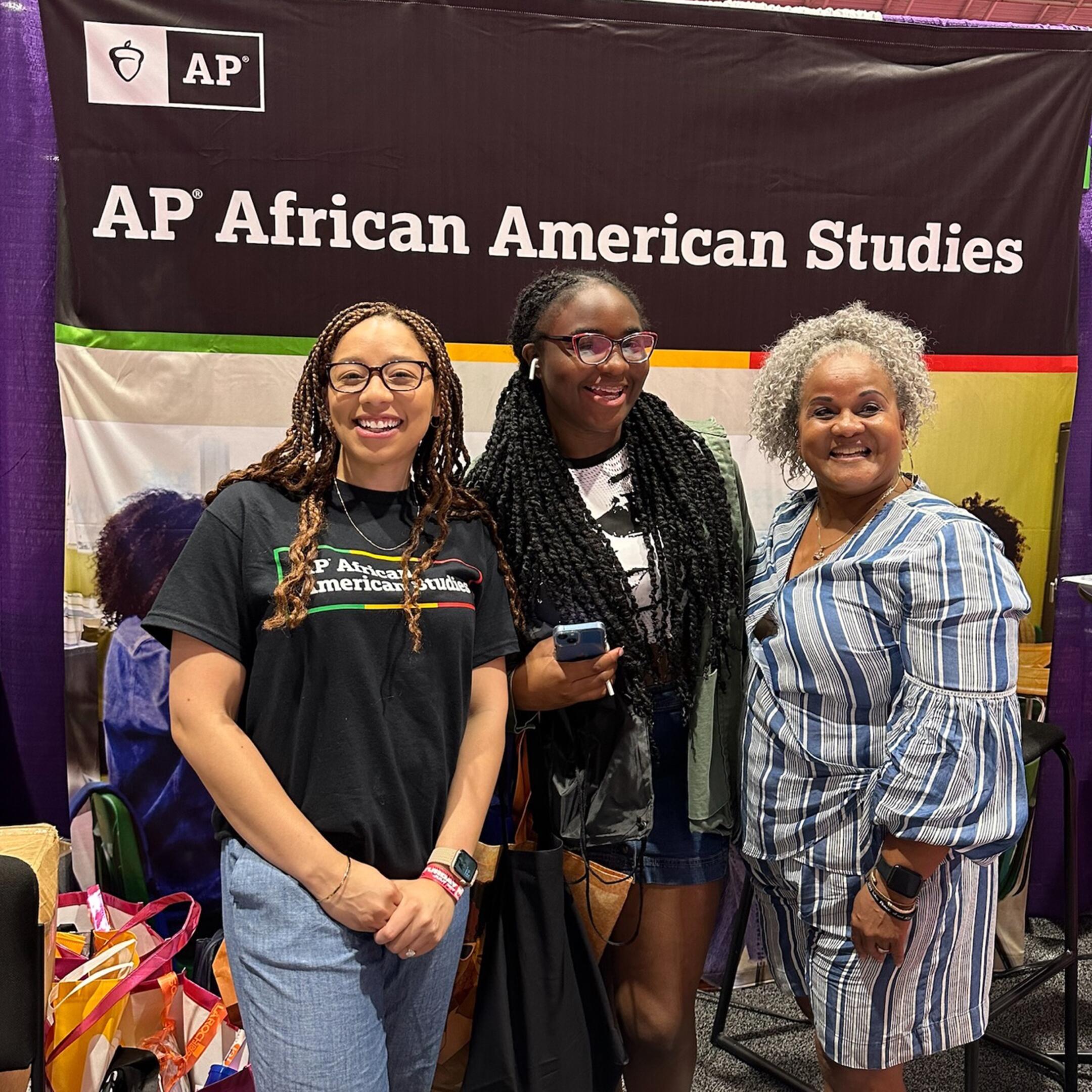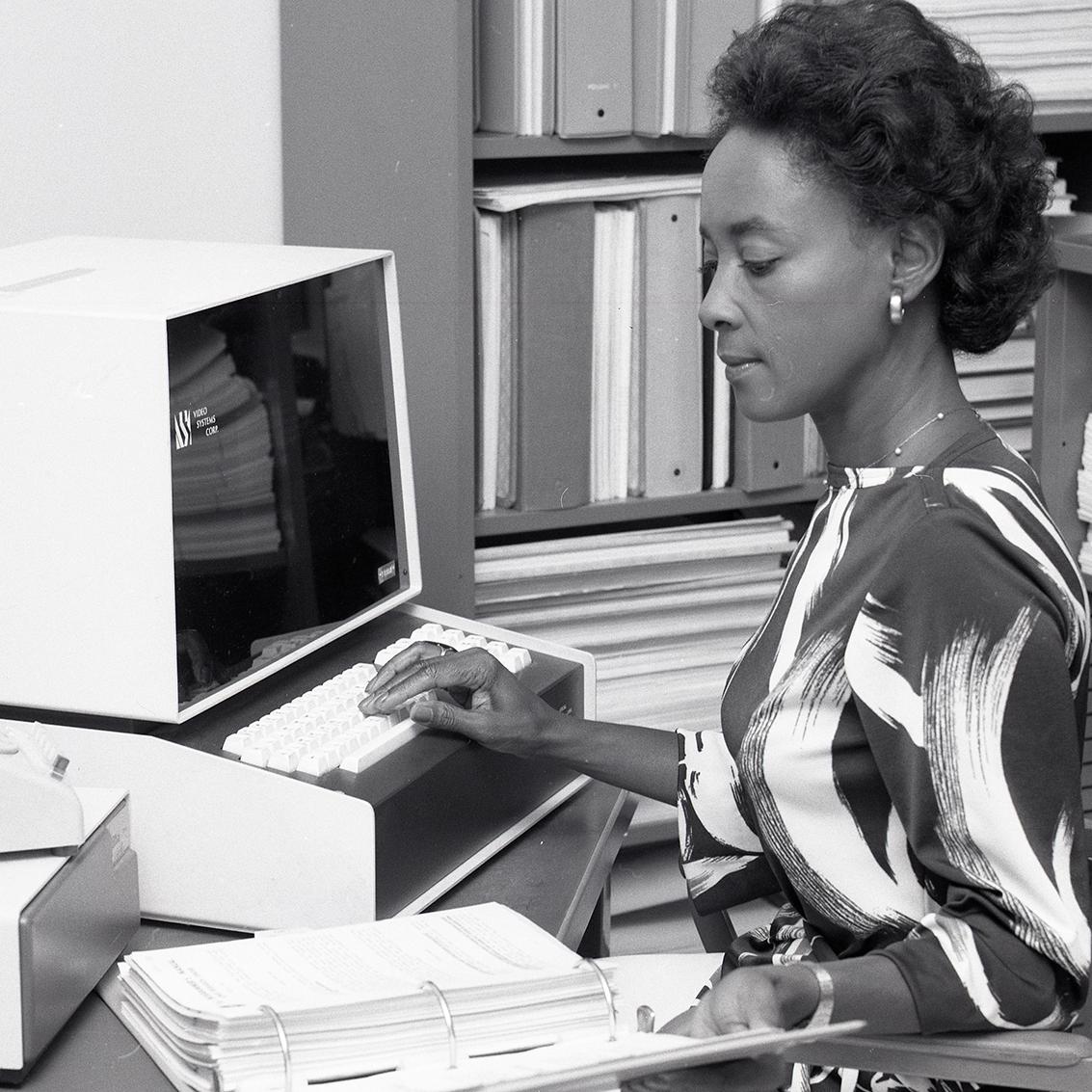
Interview
The “Empowering” Experience of AP African American Studies
Go inside pilot classrooms to see “not your average history class” in action—and hear about its impact on students and teachers
It's safe to say that no new high school course has received the kind of attention Advanced Placement African American Studies has over the past year. Headlines, proclamations, opinions, and takes abound, well, everywhere, it seems. But what's lost in all the noise is the signal—the students and educators who are actually in the classroom, doing the work, and engaging with the material.
Since 2022, nearly 15,000 students and hundreds of teachers in more than 40 states have helped pilot AP African American Studies. (The course will be available nationally in the 2024-25 school year.) College Board visited some of them, in Baltimore, Houston, and Baton Rouge, to see the course in action—and to hear directly from those early adopters.
And what's clear is that AP African American Studies has connected in an essential way.
"Learning and getting to know this stuff is very empowering," Ava H., a student in Houston, said. "We get to know more about ourselves, and we can celebrate ourselves in a much more different way other than just celebrating the fact that we got out of slavery. There's so much to celebrate, and this class really serves as the base for that."
"Students who take this course will leave with a much better understanding of the American story, and they will leave with a new appreciation for all of the cultures that came together to produce what we call modern-day African American culture," adds teacher Emmitt Glynn III. "I think that they would benefit all around from taking this course, and they'll leave with an understanding that will help, ultimately, make a better American society."
Ava and Glynn are just two of the AP African American Studies pilot participants we met. In the video below, they and others share what it means to access this robust and dynamic course and to help influence the newest AP course.



